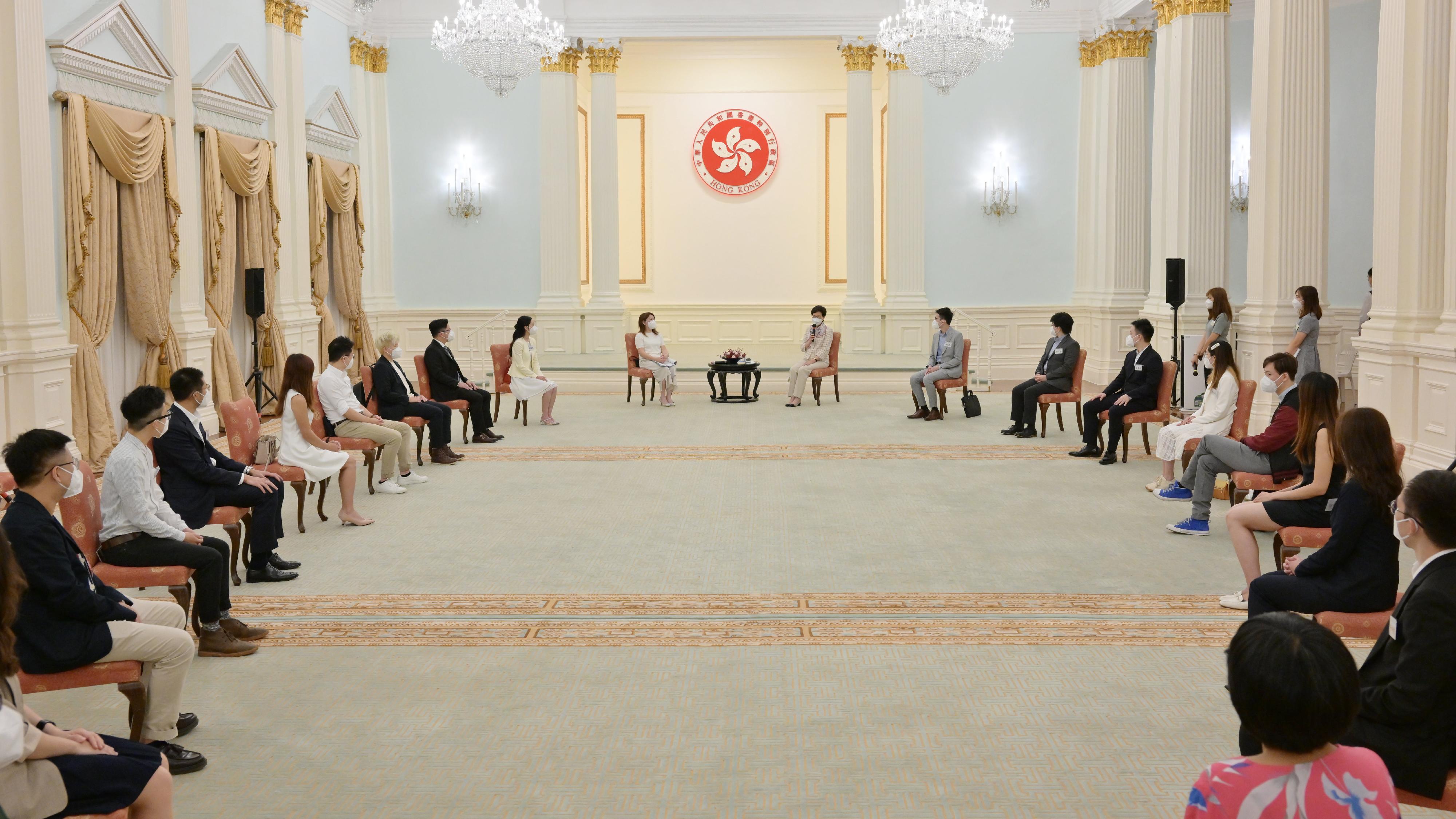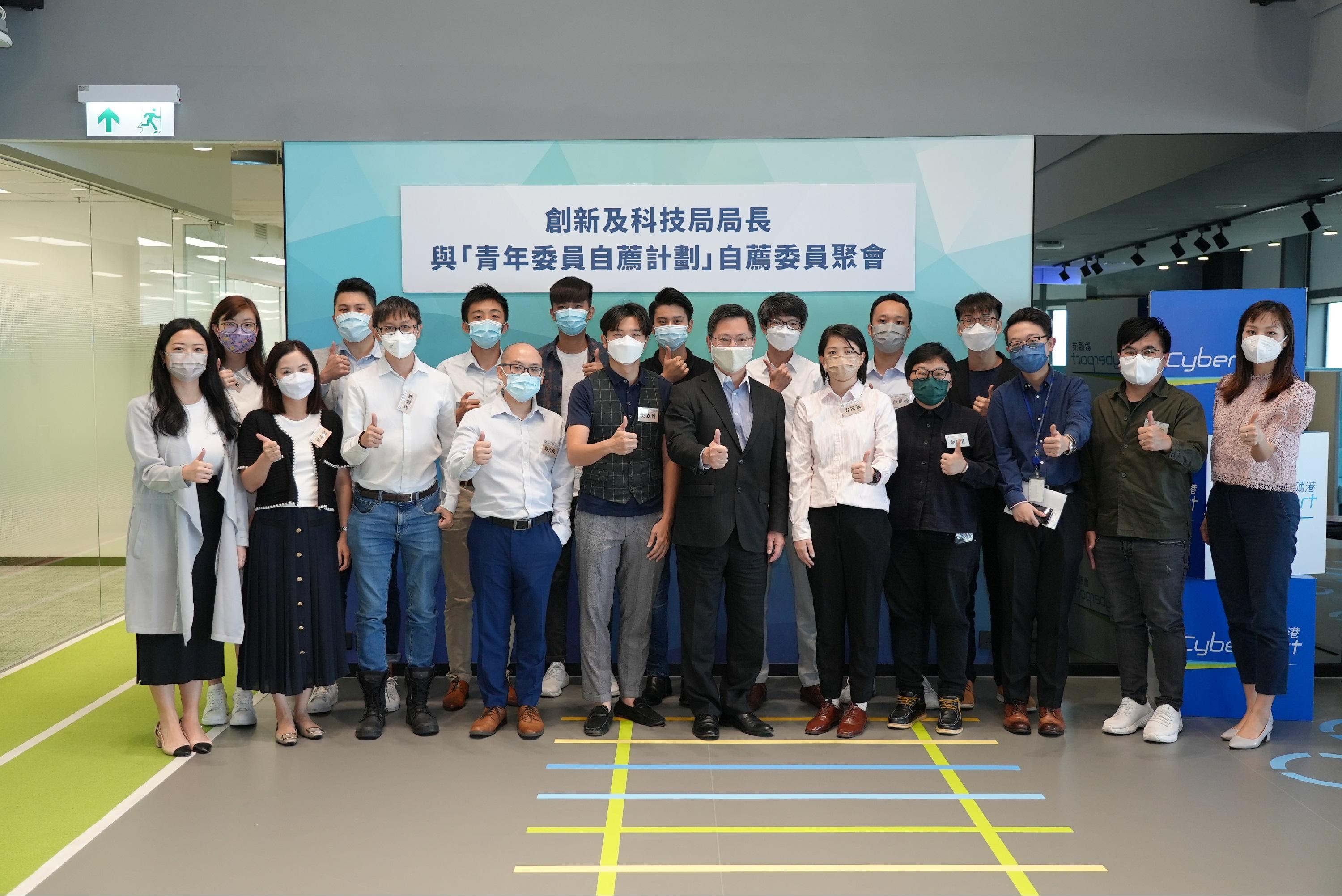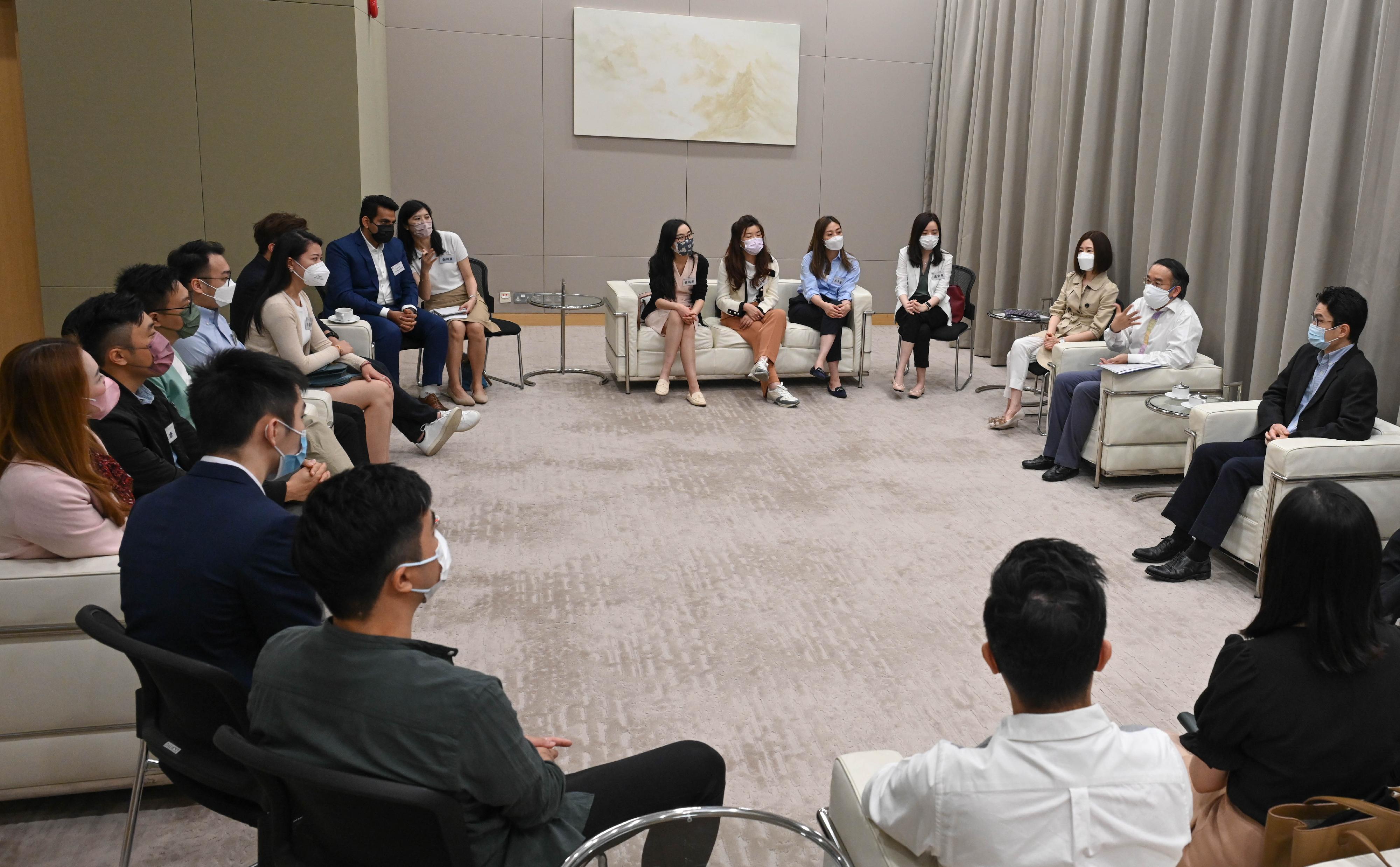To strengthen the immunity barrier for hospitals and public healthcare facilities against COVID-19, protect members of the public who utilise public healthcare services, especially senior citizens and chronic patients who face a higher risk of serious illness and death after COVID-19 infection, and further encourage members of the public to receive COVID-19 vaccination, the Government announced today (May 21) that starting from June 13, the Vaccine Pass arrangement will be implemented in designated healthcare premises under the Food and Health Bureau, the Department of Health (DH) and the Hospital Authority (HA) through administrative methods. Persons who are unvaccinated will be allowed to visit applicable healthcare premises under the Vaccine Pass and receive general medical services after obtaining the negative result proof of a nucleic acid test. The Vaccine Pass arrangement will not be applicable to healthcare premises providing emergency or urgent medical services.
Designated healthcare premises subject to Vaccine Pass
————————————————————–
The Vaccine Pass arrangement is applicable to the following designated healthcare premises primarily providing non-emergency or non-urgent medical services through appointments:
(1) HA’s specialist out-patient clinics;
(2) Student Health Service Centres and Special Assessment Centres;
(3) Woman Health Centres;
(4) Oral Health Education Resource Centre;
(5) Travel Health Centres;
(6) Red Ribbon Centre;
(7) Health Promotion Branch Regional Offices;
(8) Methadone Clinics;
(9) Families Clinics;
(10) Government Dental Clinics and Orthodontic Clinics;
(11) Integrated Care Centre for Civil Service;
(12) District Health Centres (DHC); and
(13) DHC Expresses.
Healthcare premises not subject to Vaccine Pass
——————————————————
To ensure that emergency or urgent medical services are not affected, the Vaccine Pass arrangement is not applicable to healthcare premises providing emergency or urgent services and healthcare premises providing episodic disease treatments, including the Accident and Emergency (A&E) Departments, HA’s general out-patient clinics, Chinese Medicine Clinics cum Training and Research Centres under the HA, DH’s Maternal and Child Health Centres, Elderly Health Centres, School Dental Clinics, Genetic Counselling Clinic, Genetic Screening Clinic, Chest Clinics and X-ray Centre, Social Hygiene Clinics, AIDS Counselling and Testing Service, Integrated Treatment Centre and Child Assessment Centres. Persons who enter the aforementioned healthcare premises (including service users and visitors) are not required to use the Vaccine Pass.
Separately, for some HA healthcare premises providing essential services for service users, such as haemodialysis centres, day chemotherapy centres and geriatric day hospitals, these healthcare premises have currently implemented a same-day rapid antigen test (RAT) arrangement with regard to the condition of service users as an anti-epidemic measure. The Vaccine Pass arrangement is also not applicable to this category of healthcare premises.
Applicable persons for designated healthcare premises subject to Vaccine Pass
—————————————————————————————
The Vaccine Pass arrangement implemented in designated healthcare premises will be applicable to service users and visitors (including those accompanying the service users) with the following details respectively:
(1) If the service users are compliant with the Vaccine Pass requirements (please refer to the thematic website www.coronavirus.gov.hk/pdf/vp_t1_ENG.pdf for details), including having received the required dosage of COVID-19 vaccine, being recovered persons of COVID-19 in the Government’s record, or certified by doctors for being unsuitable to receive vaccination, and holding the relevant vaccination record (including record of recovered person) or medical exemption certificate, they may receive service at designated healthcare premises.
(2) If service users are not compliant with the Vaccine Pass requirements, they may present a negative result proof of a polymerase chain reaction (PCR)-based nucleic acid test conducted with specimen collected within 48 hours before the visit in lieu of the Vaccine Pass, for receiving service at designated healthcare premises.
(3) Visitors (including carers of service users) are required to comply with the Vaccine Pass requirements in order to enter designated healthcare premises and cannot use a pre-visit test as an alternative arrangement.
Vaccine Pass implementation details
—————————————-
Service users and visitors receiving service at designated healthcare premises are required to present on the request of premises staff members their vaccination record (including recovery record), medical exemption certificate (as applicable) or the negative result proof of a nucleic acid test (only applicable to service users) for checking by premises staff members. However, they are not required to scan the Vaccine Pass QR code.
If service users and visitors enter the designated healthcare premises for services relevant to the prevention and control of COVID-19 such as collecting RAT kits, undergoing COVID-19 testing or receiving COVID-19 vaccination, they are exempted from the Vaccine Pass arrangement.
The Government emphasised that patients’ welfare is the prime concern of the Vaccine Pass arrangement. The relevant administrative arrangements will not impede patients and the injured in need to receive emergency or urgent medical services.
A Government spokesman said that there is generally a higher risk of serious illness and even death if chronic patients are infected with COVID-19, and ensuring the normal operation of healthcare premises is an important part of Hong Kong’s anti-epidemic measures. Therefore, it is necessary to build a protective shield for medical staff and patients in healthcare premises.
“Vaccination is highly effective in preventing severe cases or deaths from COVID-19 infections. It also helps tackle different COVID-19 variants. We strongly appeal to members of the public who have not been vaccinated, especially senior citizens, chronic patients and other immunocompromised persons who face a much higher fatality risk after COVID-19 infection, to get vaccinated with no delay for the sake of their health. Members of the public who are currently eligible for a third or fourth dose should also receive the dose as soon as possible to build an immunity barrier for Hong Kong,” the spokesman said. read more





